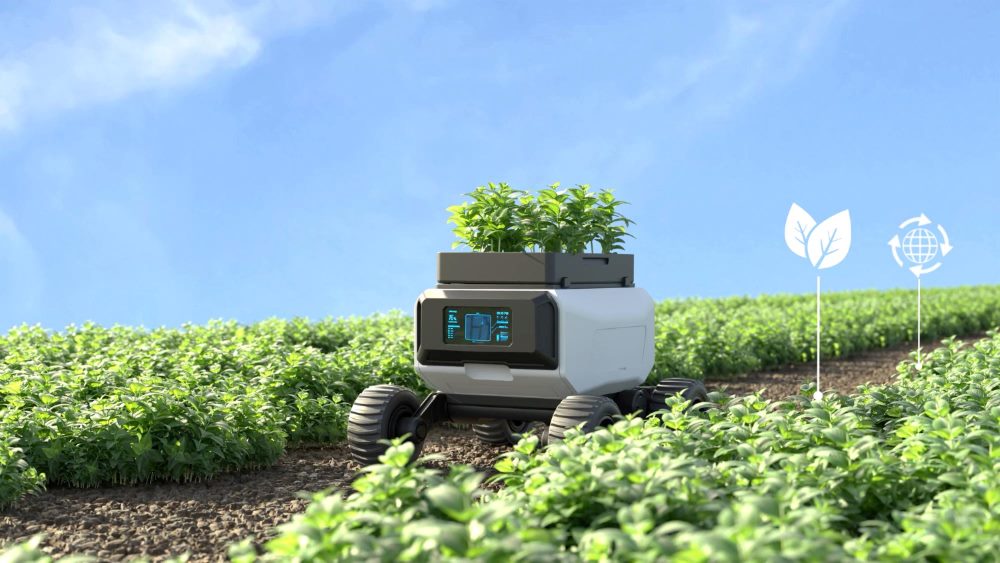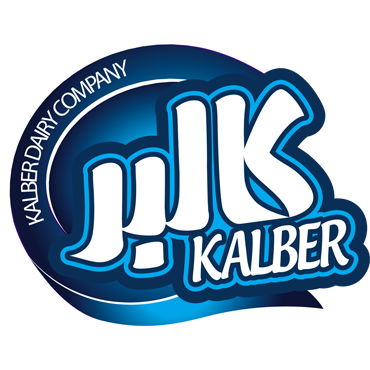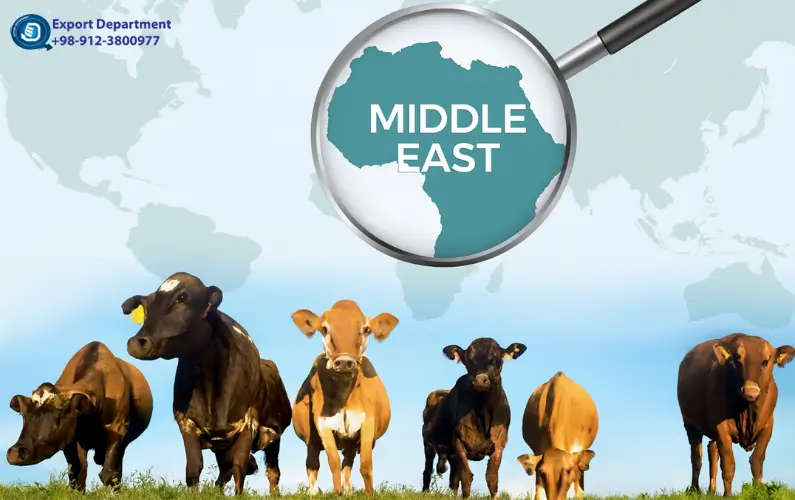Application of Artificial Intelligence in the Food Industry: 6 Innovative Approaches
This article delves into the diverse applications of artificial intelligence within the food industry. It highlights how this cutting-edge technology plays a pivotal role in elevating product standards, minimizing wastage, and fostering better public health outcomes.
| Table of Contents |
| 1. Artificial Intelligence in the Food Industry |
| 2. Quality Control of Food Products Using Artificial Intelligence |
| 3. Smart Forecasting for Food Packaging |
| 4. The Use of Artificial Intelligence in Supply Chain Optimization |
| 5. How Does Artificial Intelligence Improve the Food Production Process? |
| 6. Improving Food Security Using Artificial Intelligence |
| 7. Optimizing Food Cooking Processes |
| 8. Reducing Food Waste |
Artificial Intelligence in the Food Industry
In today's world, artificial intelligence (AI) is utilized across various industries as one of the most advanced and rapidly growing technologies. One area where AI has made significant positive changes is the food industry. In this article, we will explore the applications of artificial intelligence in the food industry and demonstrate how this innovative technology contributes to enhancing product quality, reducing waste, and promoting public health.
Quality Control of Food Products Using Artificial Intelligence
One of the primary applications of AI in the food industry is product quality control. By employing different cameras and sensors, artificial intelligence systems can identify weak points or inconsistencies in products, ensuring quality and preventing the distribution of unhealthy products in the market.
For example, a food manufacturing plant might utilize intelligent robots for product packaging. Equipped with smart cameras and sensors, these robots assess products for size, weight, and quality. Based on AI algorithms, they categorize the products and pack them automatically, minimizing errors and ensuring accuracy.
Smart Forecasting for Food Packaging
Additionally, AI systems aid in predicting raw material requirements by analyzing sales data and order history. This enables accurate anticipation of customer preferences and optimal determination of raw material quantities for production, thus enhancing efficiency and minimizing waste.
Consequently, through AI-driven optimization of production processes, the food industry can consistently deliver high-quality products, reduce costs, and increase economic productivity.
The Use of Artificial Intelligence in Supply Chain Optimization
Artificial intelligence excels in predicting demand and optimizing the management of raw materials and warehouses. This capability enables manufacturers to supply materials promptly and in precise quantities, reducing costs and enhancing profitability.
For instance, a dairy factory with multiple sales branches nationwide can utilize AI to predict the needs of each branch based on various factors. By aggregating information such as past purchasing patterns, seasonal variations, and local market demands, the factory can optimize production schedules and quantity. Additionally, AI can aid in optimizing the supply chain with suppliers, further improving efficiency and customer satisfaction.

How Does Artificial Intelligence Improve the Food Production Process?
Artificial intelligence plays a crucial role in identifying and solving problems in production processes through data analysis, thereby increasing productivity and reducing waste.
For example, a fruit processing facility can utilize AI systems with connected cameras and sensors to monitor production lines continuously. These systems can detect fruit imperfections or contamination, prompting timely intervention and ensuring product integrity.
Improving Food Security Using Artificial Intelligence
One of the critical challenges in the food industry is product safety, and AI can assist in detecting and identifying contamination or unauthorized substances, thereby enhancing consumer safety and preventing waste.
For instance, AI systems can use smart sensors and cameras to monitor production lines for parameters such as temperature, humidity, and microbial contamination. Any deviations from the set limits trigger automatic alerts, preventing the production of compromised products.
Optimizing Food Cooking Processes
Artificial intelligence optimizes cooking processes by analyzing data and adjusting parameters such as heat and time, resulting in higher quality and more consistent food output.
For example, in a restaurant or food factory, AI systems can determine the temperature and duration of cooking based on factors such as food type and raw material characteristics, ensuring optimal quality.
Reducing Food Waste
AI aids in reducing food waste by predicting consumption and demand accurately, optimizing inventory management, and preventing shortages.
Furthermore, AI enhances customer experience through personalized recommendations, accurate delivery predictions, smart customer support, and improved inventory management.
In conclusion, artificial intelligence holds immense potential in revolutionizing the food industry by improving product quality, reducing waste, enhancing customer experience, and supporting sustainable development. We hope this article sheds light on the effective role of artificial intelligence in shaping the future of the food industry.
To contact the kalber Dairy Export Department, please refer to the Contact Us section.
Read More: Monitoring, Standards, and Quality Control of dairy industry
Ref:



 (2).webp)
.webp)